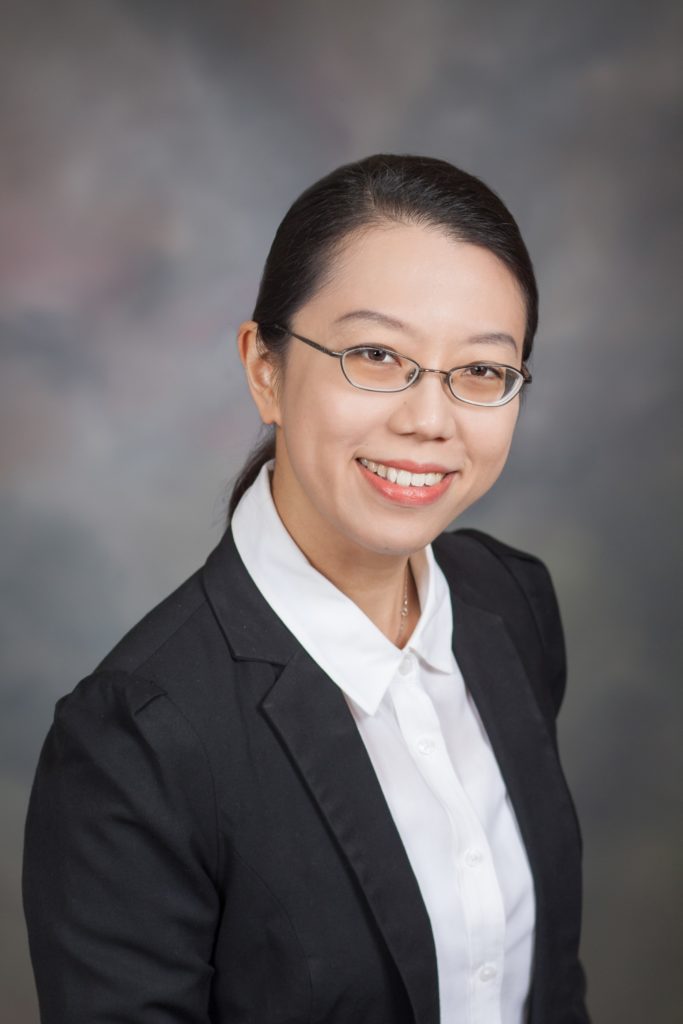Takeaway
To be a true healer is to heal not just in life, but also through dying and death.

Passion in the medical profession | June 4, 2019 | 3 min read
By Crystal Jing Jing Yeo, MD, PhD, MassGeneral, Brigham and Women Hospital, Harvard Medical School
A retired nurse came to see me because she was feeling continually exhausted and short of breath. She had seen the gamut of physicians without answers, and her worry and frustration were palpable. Still, she held it together and remained composed and dignified throughout the visit. Her daughter, a teacher, was just as self-possessed and articulate, but little wrinkles of anxiety would appear at the edges of her eyes when she swiftly glanced at her mother. I could tell that they were a close-knit family and loved each other dearly. Silver crosses around their necks gave me a clue to their faith.
As gently and kindly as possible, I told them that this was motor neuron disease, a fatal neurodegenerative disease with no treatment that can reverse or significantly slow down progression. A pregnant pause, when I could hear them silently trying to process the information and its unspoken implications, and then their hearts breaking. There was shock, grief, tears, and waves of anger and sorrow at time lost and futures changed. I gave them time, and then shared options.
“What would be best for you?” I asked.
“Do nothing,” she said, with finality. “If it is my time, it is my time.”
She wanted to live peacefully and as comfortably as possible with the time God has given her. She wanted to spend time with her grandchildren and see her friends. She looked at her daughter almost defiantly.
“So be it,” said her daughter, with tears shining in her eyes.
She looked at me and saw her tears reflected in the tears in my eyes.
We reached out at the same time and tightly held each other’s hands.
They both left with some plans, and some peace. When I saw her in clinic months later, her symptoms had progressed, of course. She had moved to Boston with her daughter to be closer to the hospital for management. We chatted a little more, and took care of her needs, and she beamed with peace and happiness when she walked out.
Weeks later, I decided to check in on her again. I clicked on her name in the electronic health record and a heart-wrenching message appeared. “Patient deceased, are you sure you wish to proceed?” She had died peacefully in her sleep.
Each patient makes me reflect, and here are some of the lessons I have learned through the years which have made me a better physician:
1.) With each patient, think about each individual’s unique goal of healing. Understand who your patients are as human beings.
2.) Understand where your patients are coming from. Are they coming from a place of gathering information, or do they want to confirm what they already know? Are they seeking a cure, or are they seeking resolution? Provide what they need, not what you want.
3.) Know their emotions. An angry patient has different needs than an anxious or sad patient.
4.) Be empathetic. Empathy means working to understand exactly what has brought them to sit in that chair in your office today.
5.) Do not be afraid to show emotion. Show your patients that you can be vulnerable and strong at the same time.
6.) It is not only what you say, but how you say it. However difficult the message, if you deliver it compassionately and kindly, your patients will remember how you made them feel.
7.) The irony of being a healer is that all life is terminal. To be a true healer is to heal not just in life, but also through dying and death.
This is the poem I wrote after seeing the message in the electronic health record that my patient had died:
Haiku* on Phone
What quivering echoes whispered your name?
On my list, your name flashed red, 3 exclamation marks.
Deceased. Are you sure you want to access this chart?
Hows and whys, and the always-lament: could the healer do more.
(I know not, but still.)
This, a heavy, ponderous burden to bear
My sweat and tears, your life repaired
still coloring mine, now those ghostly hues,
fading backwards, grounding my feet of clay.
Opening, my patient lists to reflect and pray.
As long as my light is here, your flame burns
on in neuritic synapses.
I saved some lives, drank some wine
Woke in the morning feeling fine.
*”Haiku” is the name of the EHR app that I use.

